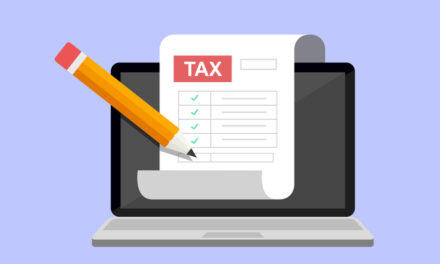In early March, the Federal Reserve cut mortgage rates in order to bolster the real estate economy and encourage buyers during a time when people are less likely to spend significant money on a new home. With fewer new homes on the market, however, many buyers are not finding what they are looking for and home sales are down. That said, many are looking to refinance their mortgage in order to get a lower fixed rate. But is it worth it to refinance? Let’s break down the benefits of refinancing and questions you should consider in order to determine if this is the right move for you.
Benefits
1. Lower Monthly Payments
With a lower interest rate, your monthly payments will be lower. Saving money each month can be extremely beneficial during a pandemic if you are anticipating less income in the near future and need to find areas in your life to save money. If your monthly payment each month with truly be less, even with closing costs rolled in, then it can definitely be worth it to refinance.
2. Own Your House Sooner
Depending on the kind of loan, you will likely have to start your 30 years over, but you can also pay extra each month to cut down on the amount of years left on your mortgage. At that rate, you would potentially be able to fully own your house earlier than you would have with the higher rate. Alternatively, perhaps with the lower rate, you can afford to have a 15-year mortgage instead of a 30-year mortgage.
Questions
1. Can You Afford the Closing Costs?
It does cost some upfront money in order to refinance. Often, those costs or some of those costs can be rolled into your monthly payments, but you then have to decide if the interest accrued on those costs over time still makes it worth it to go through with refinancing. Many times, the answer may be yes, but it is definitely something to consider and break out the calculator for.
2. How Long Are You Planning to Live in Your Home?
If you are planning to move soon, it may not make sense to deal with the time and costs of refinancing. To truly reap the benefits of lower mortgage rates, you need to take advantage of them over time. That means staying in your house for several years. This is especially true if you have to pay thousands in closing costs; it can take a few years just to break even from what it cost to refinance! It may not be worth it to refinance if you are planning to sell your house sometime soon.
3. Do You Have a Good Enough Credit Score?
In order to agree to lend to you, banks look at your credit score to determine if you are a responsible borrower. Your credit score is made up of elements such as paying your bills on time. As long as you have been building your credit and have not had late credit card or mortgage payments in the past, you should have a high enough credit score to secure confidence in the bank.
4. What is Your Employment Status?
Often, a bank will be much more likely to lend to someone who is employed and can prove they are able to pay the monthly amount. If you are unemployed, refinancing may not be an option for you. It is definitely worth exploring, but you may have a more difficult time finding a bank who will work with you. If you anticipate you may be unemployed in the near future, you may want to refinance sooner while you are still employed.
Refinancing your mortgage is just one of many strategies for saving money, especially if times are getting tough. The experts at DeSantis, Kiefer, Shall, & Sarcone are here to assist you with all your financial planning questions and to help you come up with strategies to manage your money smartly.






